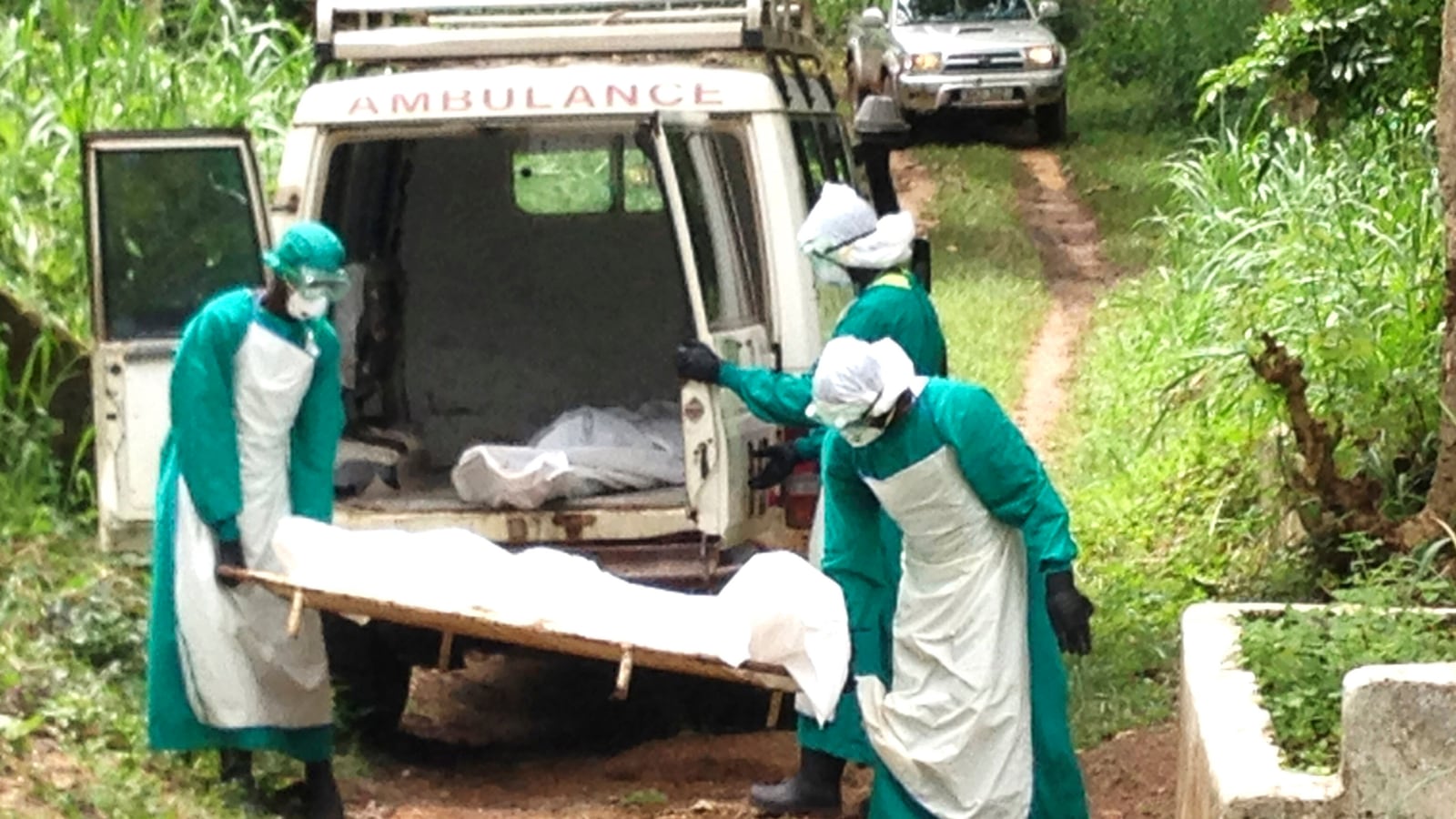With two patients infected with Ebola virus hurrying to their hospital, I imagine there are some healthcare workers at Emory University Hospital's isolation unit who are scared shitless.
I know I would be. The only time I ever have been really scared about catching a lethal infection was when SARS hit. Consider the specifics – a rapidly spreading, 10 percent fatal disease and no one knew what caused it, how it was transmitted, or why some people died and others didn’t. Plus it hopped from China and Hong Kong to Toronto of all places, sickening and killing as it went – especially healthcare workers like me. Of the 8096 cases of SARS, 1706 occurred in healthcare workers — including many doctors who died.
So in 2013, when the call came that there was a person with possible SARS in our emergency room and could I come down and see her, I felt something I had not previously experienced. As an infectious disease specialist, I certainly had had my share of risky moments, but none of them scared me: I calmly had cared for AIDS patients before we knew what HIV was or how it was transmitted; I calmly had worked in a lab and cultured HIV on cells and pipetted away supernatants; I calmly had worked at a Manhattan hospital, now closed, during the largest outbreak of extensively resistant TB (XDR-TB) in the history of the United States; I calmly spent time on smallpox preparations and I never have been faintly alarmed about influenza.
But SARS got to me. It was mysterious and lethal and picked off young and old. Carlo Urbani, the WHO doctor who was the world's expert on SARS, got it and died. Boom just like that. I was stunned.
And so, though I knew that no cases of SARS had hit the US and that the double gloves and double masks I was donning would likely protect me, even if the patient were the first on American soil, when the call came, I felt scared shitless.
So I think I know what some people at Emory Hospital might be feeling right now, though their challenge is exponentially greater than mine. First, they too are scared shitless – no doubt about it. It's the extreme version of the sick feeling a person gets when preparing to jump off the high dive for the first time. Animal panic always routs rational odds making. You figure everything will be OK but you wonder how why and where on earth you ended up where you ended up. What the fuck was I thinking?
Second, they wonder if their family will ever forgive them if they get sick. l worked in the HIV lab while my wife was pregnant with our first son and would stare out the window imagining my wife explaining to my fatherless boy about what happened to Daddy. Would she say I was a hero, someone who bravely tried to move science forward? Or that I was a selfish imprudent slob who thought that the chance at a small slice of glory was worth gambling with the happiness of loved ones?
Third, they are mad at the situation, the hospital, the patient, the world. There is something infuriating about being in such a situation, one where you realize the massive power and heartlessness of brute fate and your own puniness as history itself grinds forward.
But last, I suspect they will have a sense of pride that they are the ones, the ones entrusted with this scary task. ICU sorts of rooms, such as I imagine the Emory facility has, always are a bit disorienting, full of machines and futuristic sounds and strange angles. Plus wearing gowns, gloves, goggles and masks imparts an eerie moonwalk sensation as one enters the facility.
Yet through all the noise and hubbub created by weird machines and the extra staff directing worker flow to make certain that everyone is doing the safest thing, there they are: the patients, Brantly and Writebol, very ill people on hospital beds with taped-down intravenous lines and oxygen, connected to various other tubes and wires. Frail, desperate people. And then, corny as it sounds, I imagine the workers will forget the fear immediately and think, ok what do I have to do to help these guys.






